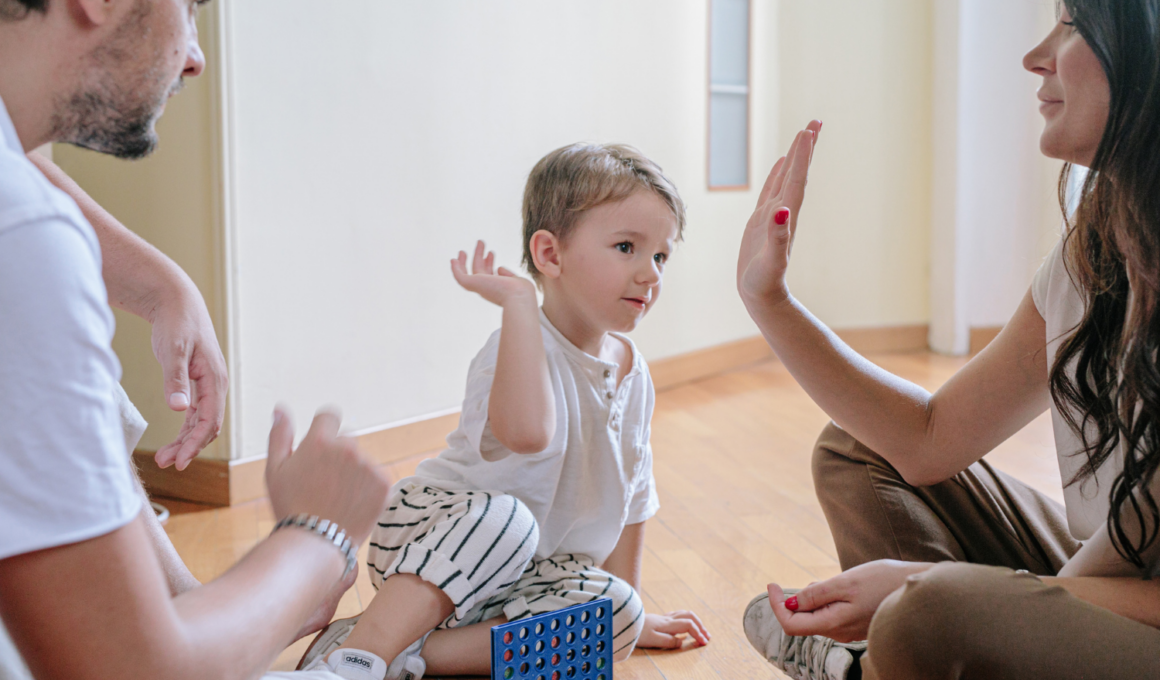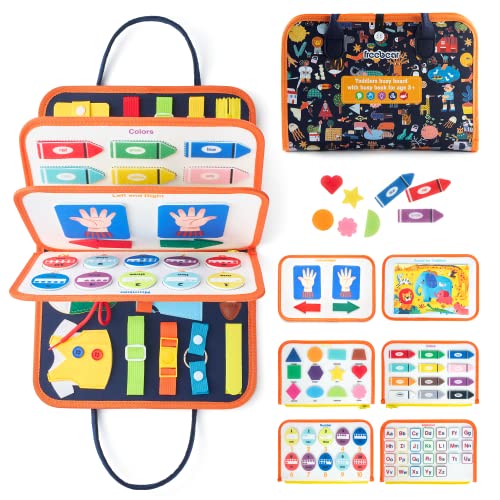In This Article Show
As a mother of three, each day is a new adventure in the world of parenting. In my journey, I’ve learned that the little voices of our children often carry profound insights that, if heard, can transform the way we approach parenting.
This blog post, titled “12 Things Every Child Wishes Their Parents Knew,” is a heartfelt reflection and a guide, drawing from the unfiltered truths that children wish their parents understood.
Parenting is a unique blend of challenges and triumphs, and understanding the perspective of our little ones is crucial. It’s not just about setting rules or managing schedules; it’s about nurturing a relationship that’s built on mutual respect and understanding.
Through this post, I aim to share some essential insights that have not only helped me in my parenting journey but can also resonate with other parents striving to build stronger, more empathetic connections with their children.
12 Things Every Child Wishes Their Parents Knew
Let’s explore together these twelve pivotal elements that every child silently hopes their parents will grasp, to foster a more fulfilling and loving parent-child relationship.
1. Unconditional Love Matters Most

In the intricate journey of parenting, if there’s one cornerstone that holds the entire experience together, it’s unconditional love. This term, often heard, is much more than a parenting buzzword; it’s the very foundation of a child’s emotional and psychological development.
Great deals to snatch for your little ones 🎉
Children, in their purest form, seek love that isn’t tethered to their achievements, behavior, or milestones. They yearn for a love that’s constant, and unwavering, regardless of the circumstances.
2. Listening is as Important as Speaking
In the art of parenting, we often emphasize the importance of guiding, teaching, and speaking to our children. However, an equally vital aspect, which sometimes goes unnoticed, is listening – truly listening – to what our children have to say.
Active listening, a skill crucial in all relationships, becomes even more significant in the parent-child dynamic. It’s not just about hearing their words; it’s about understanding the emotions and thoughts behind them.
This kind of attentive listening conveys to our children that their feelings and thoughts are valid and important. It provides a safe space for them to express themselves without fear of dismissal or ridicule.
3. Quality Time Over Quantity

In the bustling routine of modern life, parents often grapple with the guilt of not spending enough time with their children. However, it’s crucial to understand that it’s not the quantity, but the quality of time that truly enriches the parent-child bond.
This focused time has a profound impact on a child’s emotional and mental well-being. It’s during these moments that children feel truly seen and heard.
Whether it’s a brief morning chat, a walk to the park, or a shared activity that both the parent and child enjoy, these interactions create lasting memories and deepen the relationship.
4. Encouragement Over Criticism
Navigating the delicate balance between guiding our children and nurturing their self-esteem is a critical aspect of parenting. A key element in this journey is choosing encouragement over criticism.
While constructive criticism has its place, the emphasis should be on positive reinforcement. This approach not only builds confidence but also fosters an environment of trust and open communication.
The impact of consistent encouragement is profound. When children are praised for their efforts, they are more likely to develop a growth mindset. This mindset encourages them to view challenges as opportunities to learn, rather than as insurmountable obstacles.
5. Genuine Interest in Their Activities

Taking a genuine interest in our children’s hobbies and activities is a powerful way to strengthen the parent-child bond. When parents actively engage in what their children are passionate about, it sends a clear message of love and support.
Showing interest in a child’s activities isn’t just about being present at events or performances; it’s about engaging in conversations about their interests, asking questions, and even participating in their hobbies when possible.
Furthermore, this shared interest can become a common ground for building lasting memories. Whether it’s practicing a sport together, working on a creative project, or exploring a new hobby, these shared experiences are cherished by children and often looked back on fondly.
6. The Need for Space and Independence
Recognizing the importance of giving children their own space is a fundamental aspect of healthy parenting. As parents, our instinct is often to protect and guide our children in every aspect of their lives.
However, allowing them room for independence is crucial for their development into self-reliant, confident adults.
Giving children their own space means respecting their need for privacy and autonomy. This could be as simple as knocking before entering their room, respecting their choices in clothing or hobbies, or allowing them to handle certain tasks or make decisions on their own.
7. Acknowledgement of Feelings

Validating a child’s emotions is a critical component of nurturing their emotional health and developing a strong parent-child bond. Acknowledgement of feelings involves recognizing and accepting your child’s emotions, regardless of whether they are positive or negative.
Validating emotions isn’t about agreeing with the child or giving in to their every demand. It’s about acknowledging their right to feel a certain way.
For instance, saying, “I can see that you’re upset about not being able to go to your friend’s house, and that’s okay,” validates their feeling of disappointment without necessarily changing the situation.
8. Consistency and Predictability
Consistency and predictability in parenting play a crucial role in providing a sense of security and stability for children. When rules and behaviors are consistent, children know what to expect and understand the boundaries within which they operate.
Consistent rules and expectations help children develop a sense of responsibility and self-discipline. They learn to understand the consequences of their actions in a predictable framework, which is essential for healthy development.
For instance, if bedtime routines or rules about screen time are consistent, children learn to adapt and develop habits that align with these expectations.
9. Respect Their Opinions and Choices

Respecting children’s opinions and choices is a pivotal aspect of their development. When parents actively listen to and consider their child’s viewpoints, it fosters a sense of self-worth and confidence in the child.
Acknowledging a child’s opinions, even from a young age, helps them feel valued and understood. It shows them that their thoughts and feelings matter, which is crucial for building self-esteem.
When children see that their parents take their opinions seriously, it reinforces their sense of agency and autonomy.
10. The Importance of Being a Role Model
Parents are the first and most influential role models for their children. The behaviors, values, and attitudes parents exhibit are often mirrored by their children. This mimicking is not just in the early years; it extends into adolescence and adulthood.
When parents model positive behaviors, such as kindness, patience, and perseverance, children are likely to adopt these traits. Similarly, demonstrating healthy habits, like regular exercise and balanced eating, sets a precedent for children’s own lifestyle choices.
11. Openness About Failures and Vulnerabilities

Openness about failures and vulnerabilities plays a vital role in teaching children about resilience and the realistic aspects of life. When parents are open about their own challenges and setbacks, it normalizes the experience of failure and teaches children that it’s a natural part of the learning and growing process.
By sharing our own vulnerabilities, we show our children that it’s okay to not always be perfect or successful. This honesty helps to build a trusting relationship where children feel safe to share their own fears and failures.
Furthermore, this openness fosters emotional intelligence in children. They learn to understand and manage their emotions, and they develop empathy for others who are facing challenges.
12. Clear and Reasonable Expectations
Setting clear and reasonable expectations for children is essential in helping them understand what is required of them and in guiding their growth and development.
These expectations provide a framework that helps children develop self-discipline, responsibility, and the ability to set and achieve their own goals.
Overly demanding expectations can lead to frustration and a sense of inadequacy, while too low expectations can limit a child’s potential. The key is to find a balance that challenges children but is also within their capacity to achieve.













